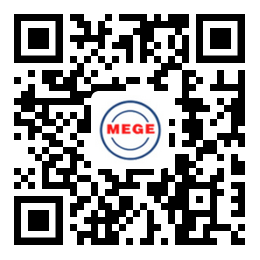Tribology talk addresses abundant wear challenges
04 Jun,2018

Last month, bearings and bushings manufacturer Vesconite Bearings chairperson Dr Jean-Patrick Leger presented a talk on the adventures and challenges in overcoming wear in different industries at the South African Institute of Tribology in Sandton, Gauteng.
Of the presentation, ‘Adventures in wear: From underground gold mines to desert railways to ocean floors’, Leger told Engineering News: “These are all the applications I had dealt with on the day I received the invitation and I thought they summed up all the challenges of overcoming wear in the industries.”
At the talk, he gave insight into several aspects of wear, including bearing production requirements for deep mines and mills, the selection of grease-free solutions for construction and transport equipment, providing oil-free bearings for small irrigation pumps or half-kilometre-long deep well pumps, solving rail/wheel wear on locomotives and rail wagons, offering solutions to reduce the number of dry-dockings of container ships, making racing yachts move faster, and developing longer life bearings for underwater turbines and remote-operated vessels working on the ocean floor.
“In applications, two surfaces rub and/or spin against each other causing friction and leading to wear. It becomes a real expense, for example, if a railway line experiences wear; it might have to be replaced, which would cost billions.”
Wear is one of the real expenses in the economy, with many industries, including agriculture, automotive, earthmoving, mining, marine, rail, hydro and renewable energy, having to deal with wear challenges, added Leger.
The company’s polymer, Vesconite, was created in response to challenges in wear in an underground mining environment.
Underground mines encounter severe wear problems because they are very dusty, owing to continuous rock blasting. Needle-like dust covers all the equipment and bushings, and is highly abrasive. The water in an underground mining environment also contains minerals such as sulphites, and this is also abrasive. The water, in turn, also gets into the bushings and leads to wear if the wrong bushings are used, he said.
However, with hard-wearing, tough Vesconite, these problems are addressed.
Further, Leger mentioned that using grease to lubricate applications presents companies with challenges such as requiring someone to lubricate the application all the time. This problem can be tackled with self-greasing Vesconite, which will also not contaminate water bodies that are polluted by grease when alternative bushings, such as brass bushings, are employed.












